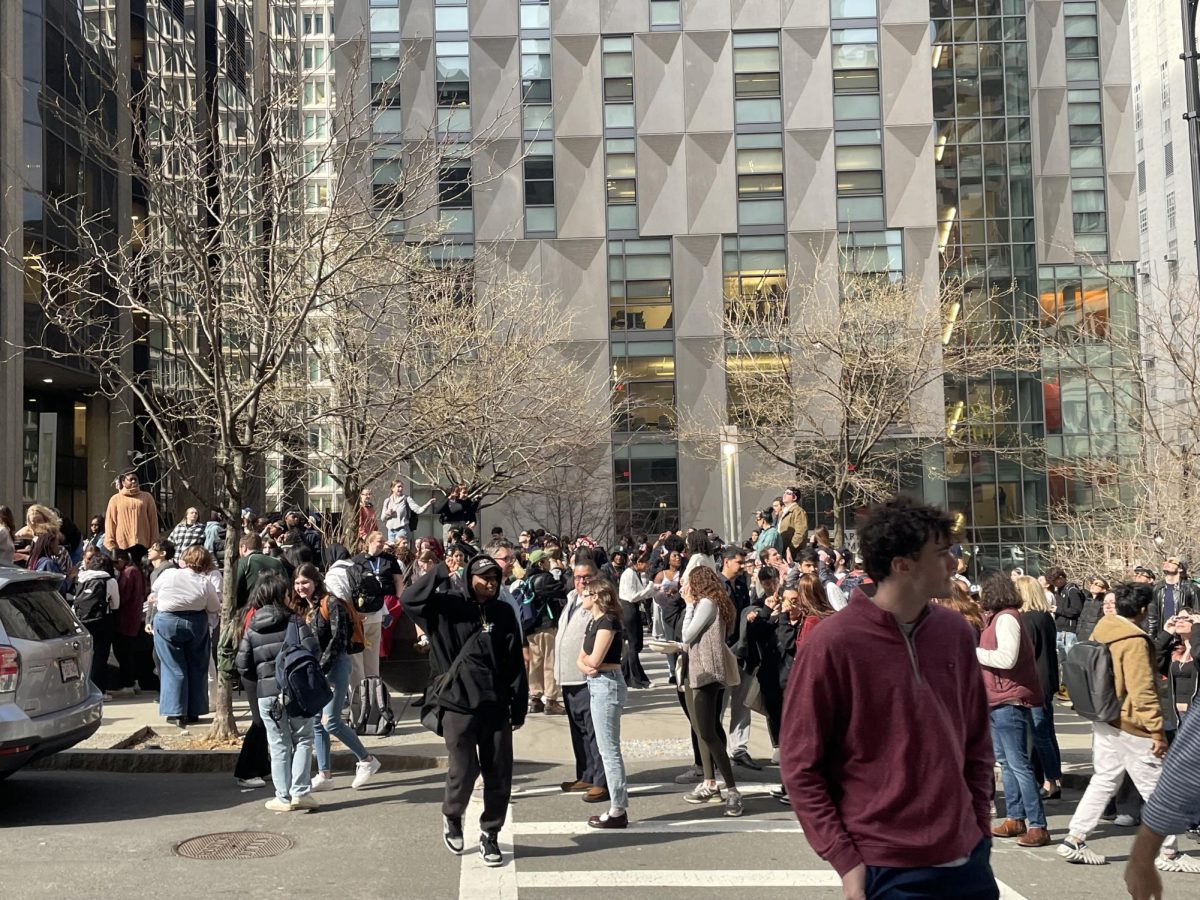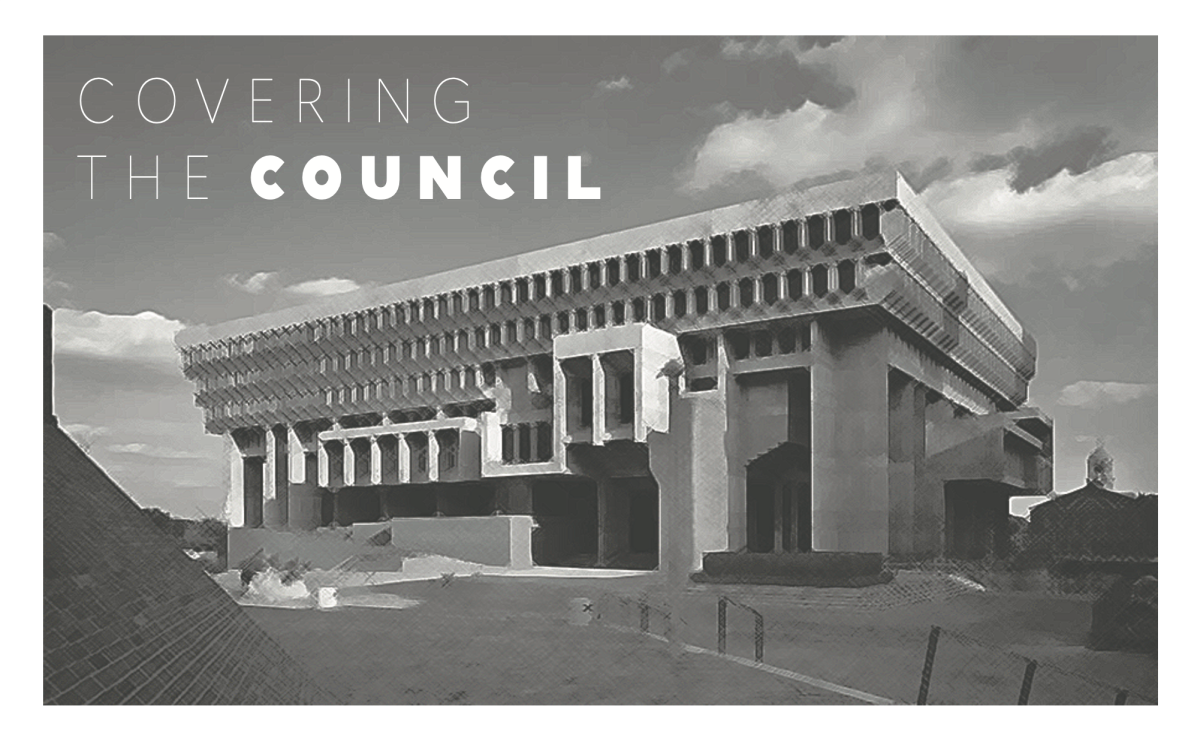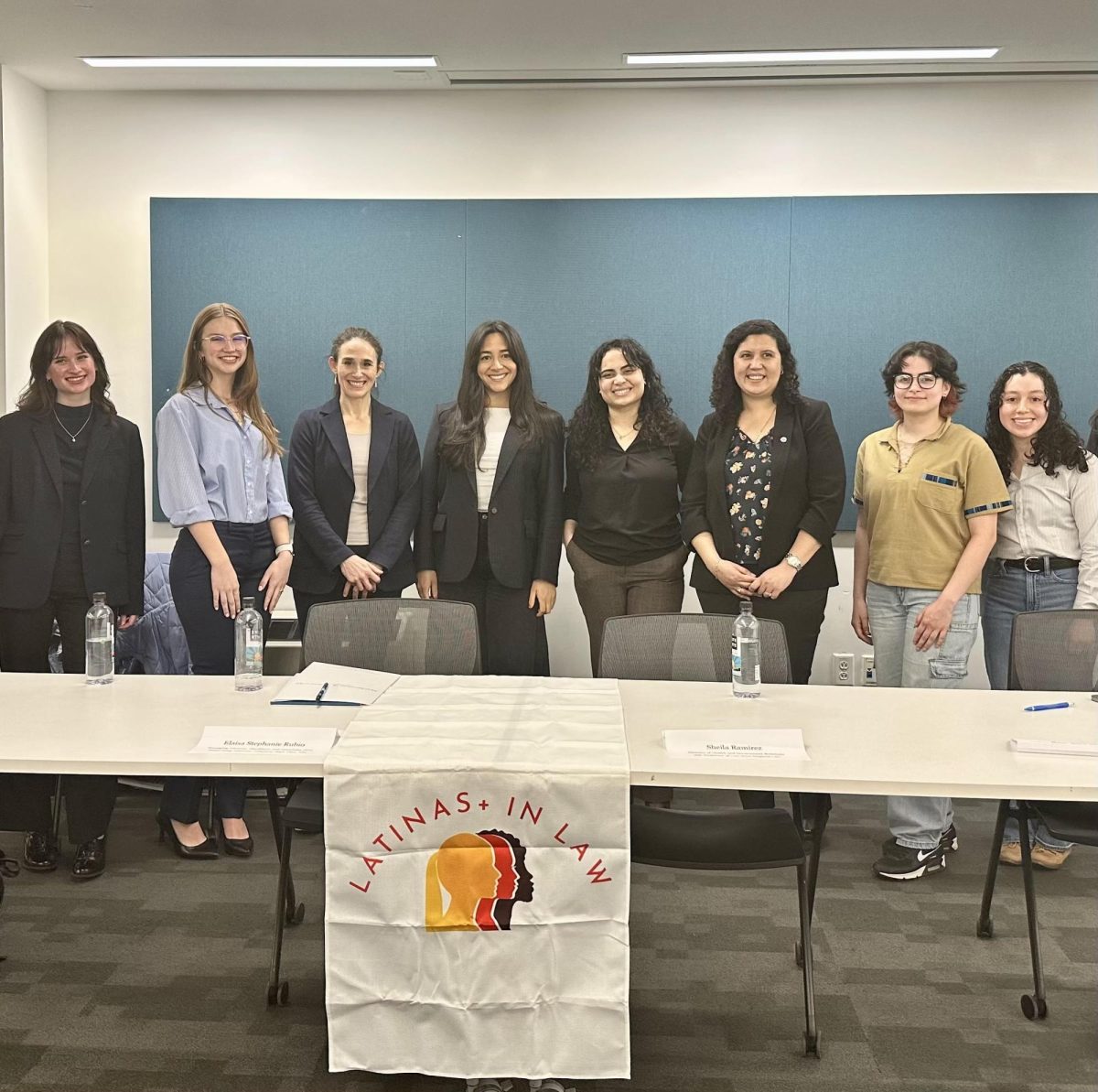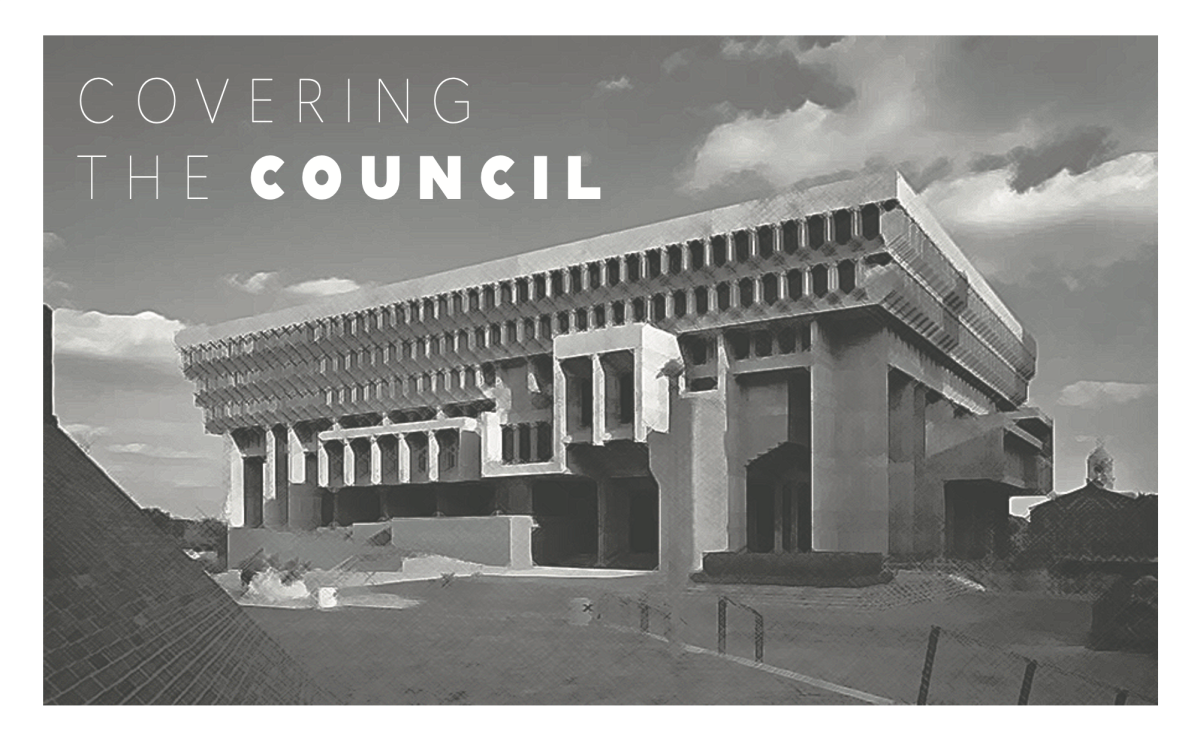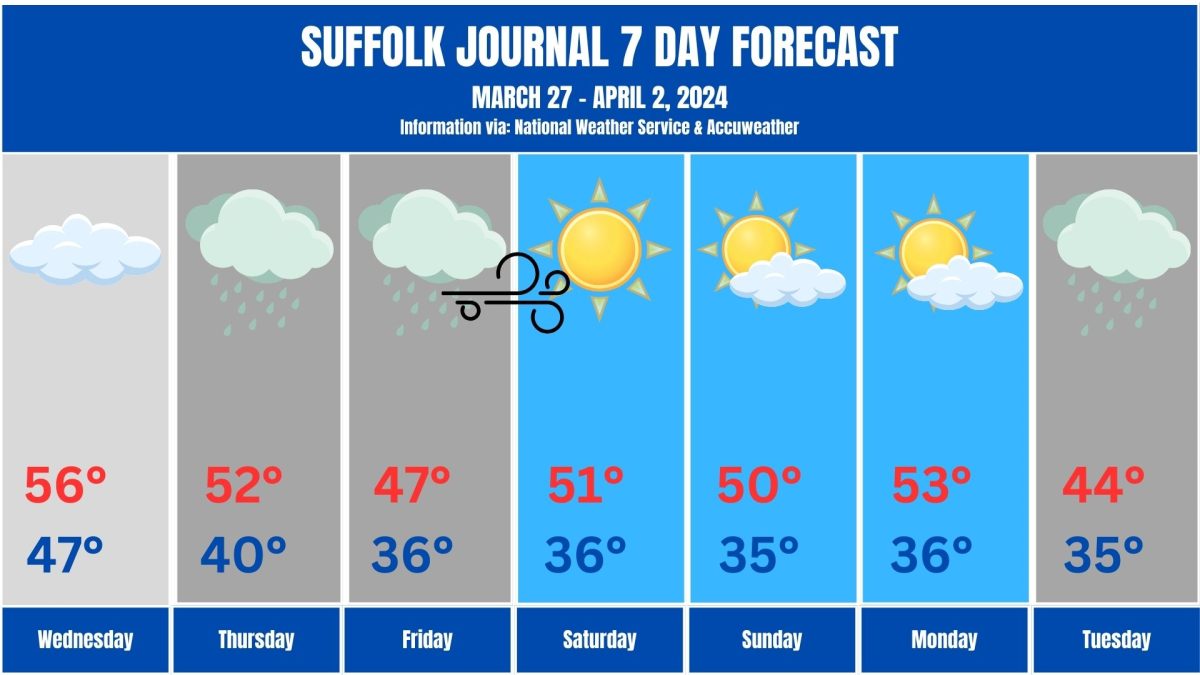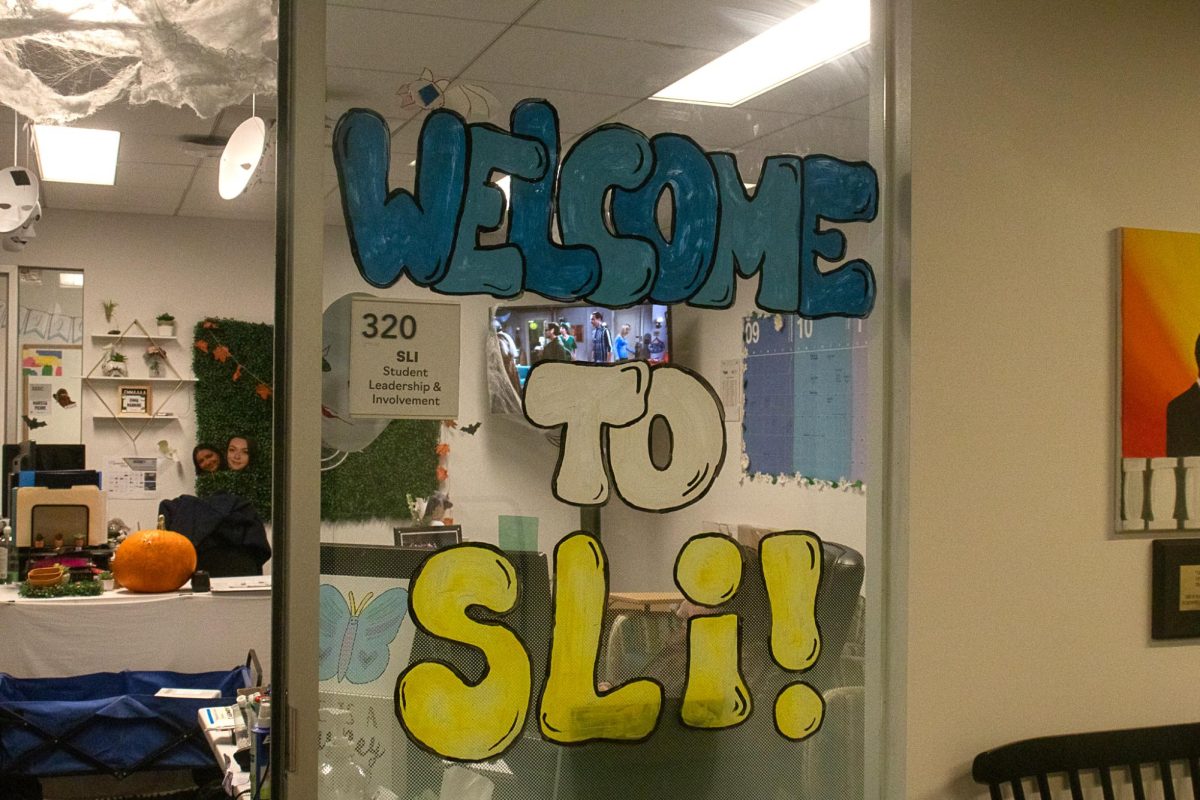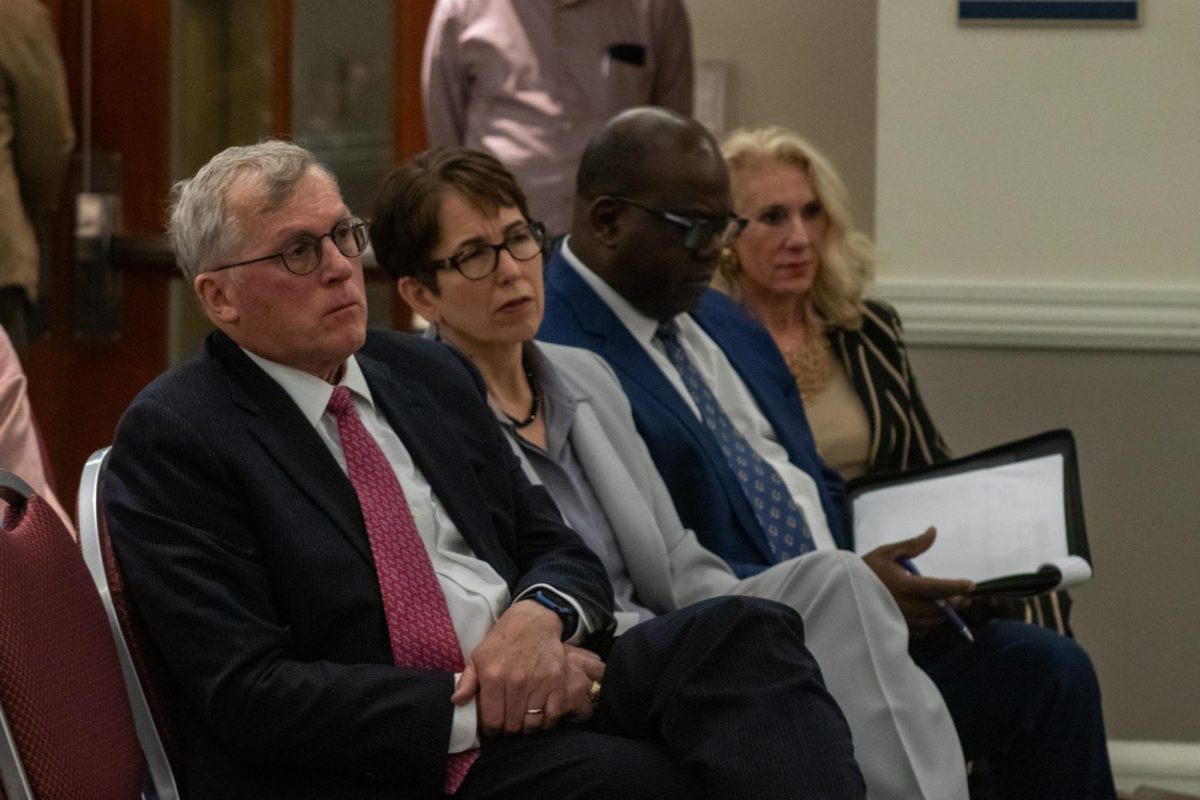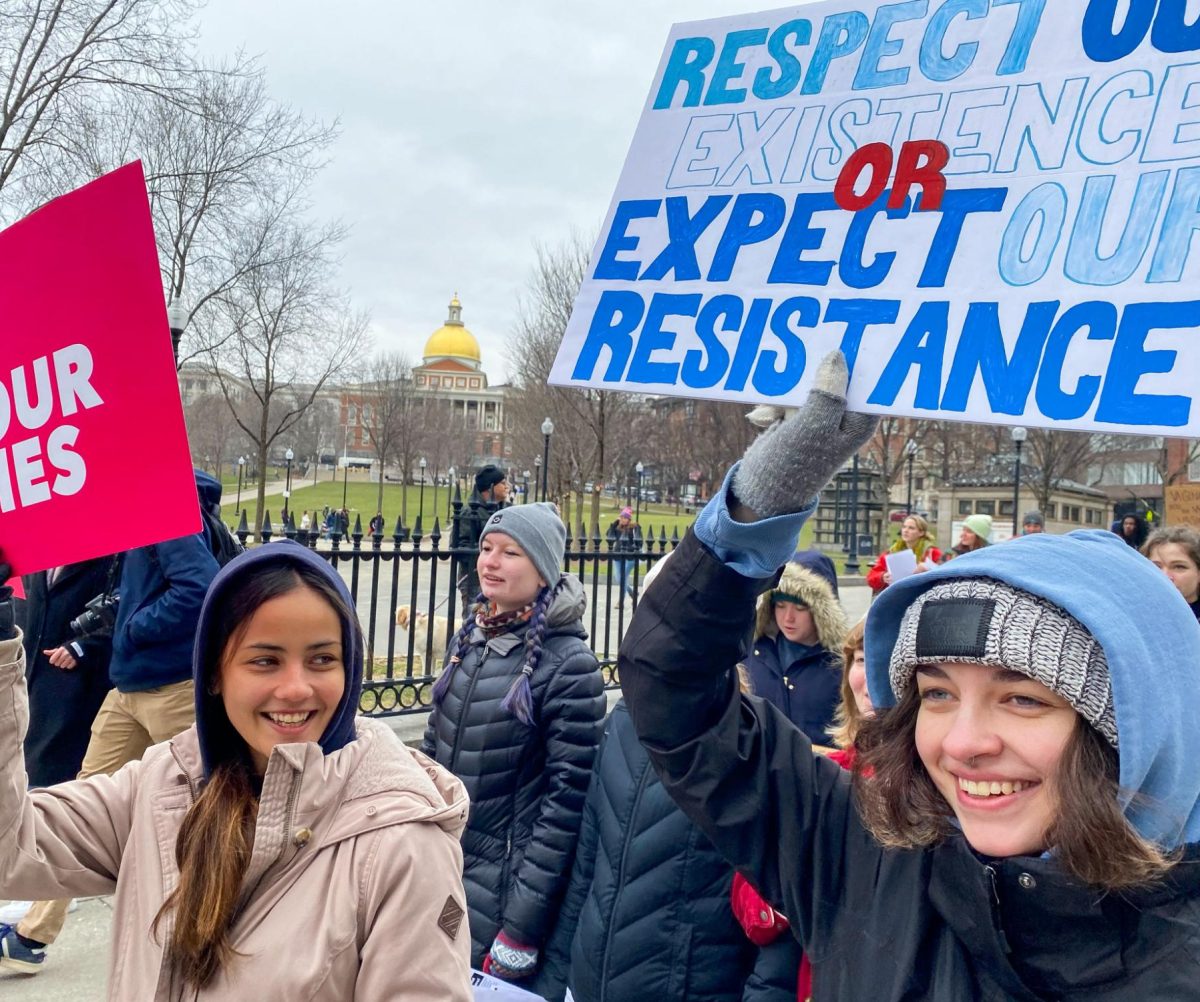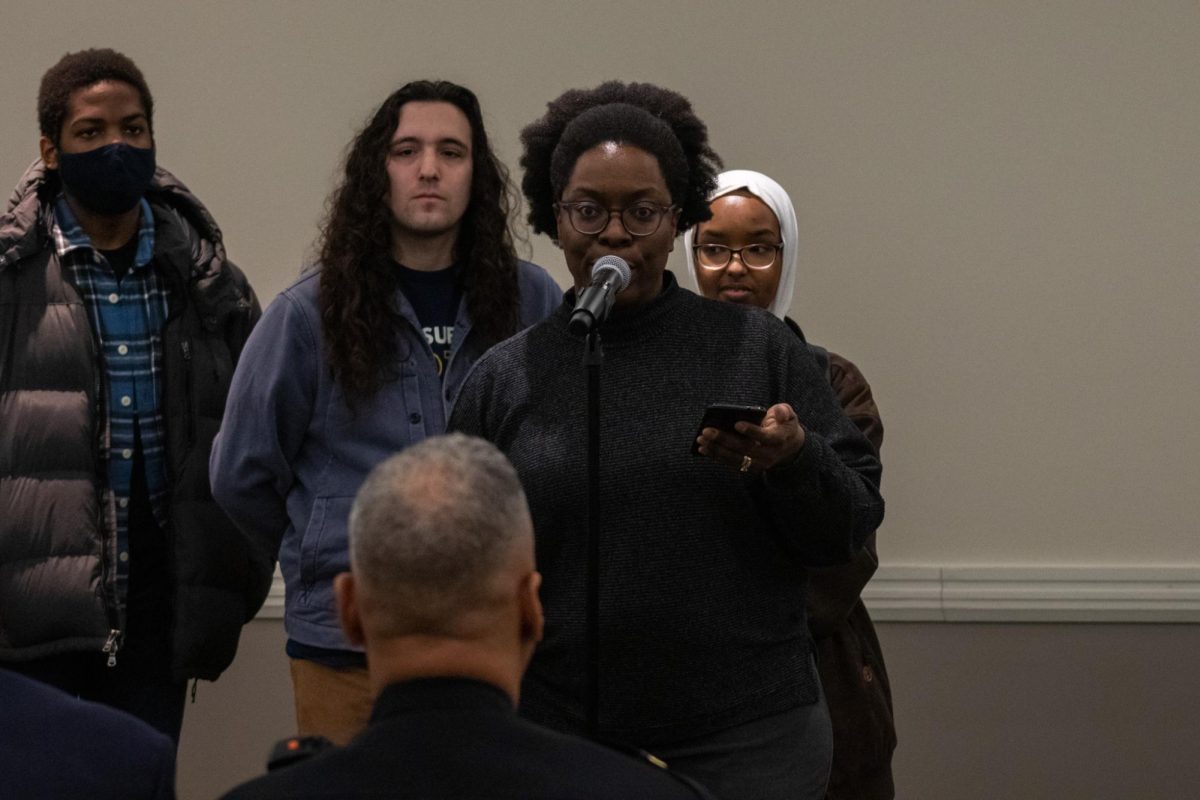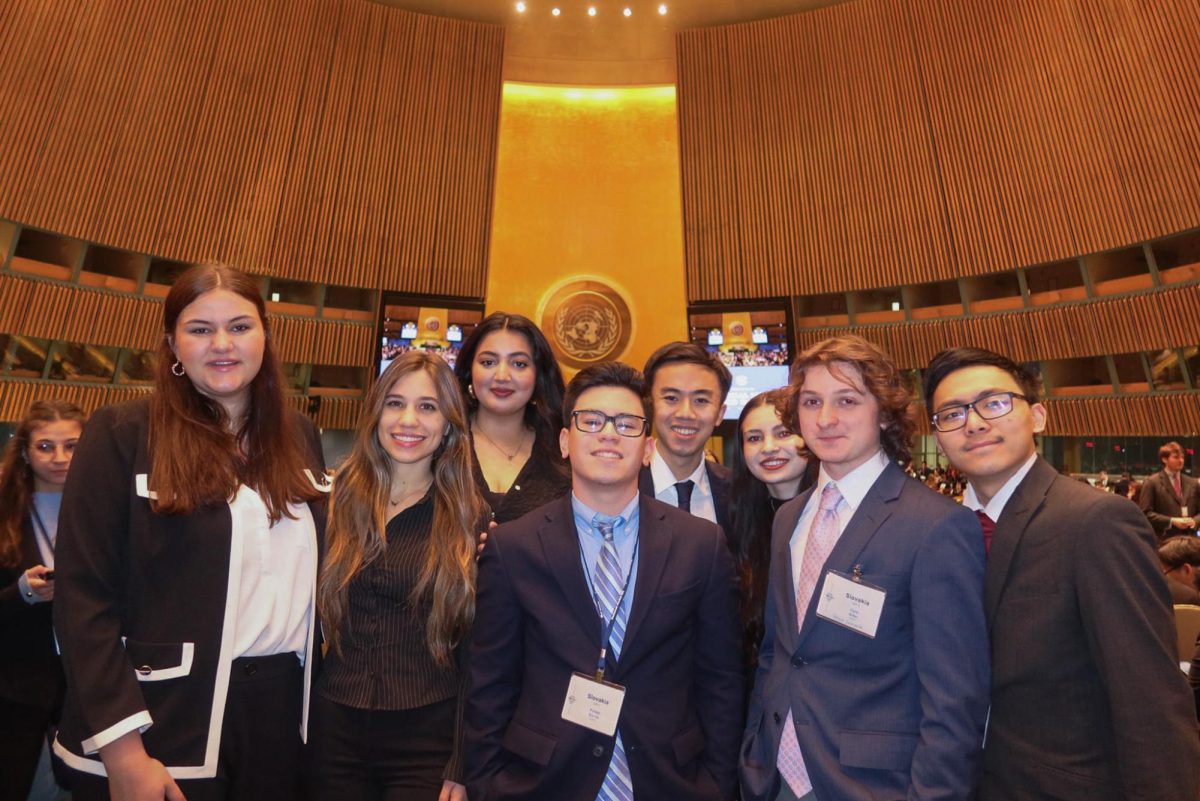Louis Dapilma
Journal Contributor
Student housing has been an emerging and rather unavoidable subject faced by many colleges and universities in Boston. The issues? For one, there are the communities surrounding the college campuses in which students are housed versus the colleges themselves. Also, Boston has zoning laws controlling building developments. The communities are concerned about student behavior and the impact students have on the price of rent, while the colleges would like to house most of the students they have admitted to live on campus.
Boston is viewing the effects of the colleges’ expansion plans and trying to brainstorm a solution regarding municipal laws and the greater community at large.
Suffolk hosted a panel discussion last Tuesday in the Munce Conference Room, co-sponsored by the Citizens’ Committee on Boston’s Future and the Suffolk University Government Department. Panelists included Barry Bluestone, a professor at Northeastern, Sara Eskrich, policy director for councilor Mike Ross, Linda Kowalcky, deputy director of the Boston Redevelopment Authority and Michael Feeleey, the in-house counsel for real estate development at Suffolk.
The conference began by identifying four subtopics concerning the issue of student housing in Boston: location, capacity, efficiency and student tenants.
“One of our greatest assets is students,” said Eskrich.
She continued to present charts of the pressures of students living in areas like Cambridge, Fenway, and other surrounding neighborhoods in Boston. The charts displayed a trend of the growing student population in these areas and predictions of by how much that population will increase.
“Councilor Mike Ross is a big proponent of on campus living,” said Eskrich. He is willing to help with any solutions to the current issue of students living off campus.
Matt Denino, a junior, spoke about the students, first claiming the issue “comes down to efficiency” by which he meant the costs of living in a tiny apartment as compared to living on campus. He also mentioned how sometimes, due to the behavior of some students, “the locals don’t like [student behavior like drinking] at all.”
Regarding the students’ case for seeking off-campus housing, Denino added, “some students would like the freedom.”
Bluestone directed the discussion to reiterate the importance of the issue, saying, “it’s a moral obligation we do something about it.”
Following an explanation of how he became involved in the Boston Housing Report Card, Bluestone asked for the distinction to be made between undergraduate and graduate students when it came the housing issue. He said that the proposal “to cap enrollment is a stupid idea,” claiming the city needs zoning changes to allow colleges to be able to facilitate more students than are being accepted each year in Boston.
Bluestone also called for a “Multi University Student Village” which would be for graduate students.
“Universities are trying to build housing,” said Kowalky, “it would fall to private developers to develop housing.” She continued to talk about the Boston Redevelopment Authority’s plans to look at new building models and do something about the development or attempts to build condos compared to housing for student housing.
Concerning the themes of efficiency and capacity, Bluestone claimed, “there will be 20 percent more graduate students and 12 percent more undergraduate students” in Boston and that there had to be a united approach towards the issue. This would help the college community to a shared responsibility and would hopefully be the beginning of the a solution to the issue.
Feeley discussed Suffolk’s housing plans, saying, “the university is focused on graduate students” and that the university’s limitations to build includes areas such as Beacon, Cambridge and Charles streets. He said if “we want to increase undergrad housing, we have to look for other areas.”
Pat Johnson, a Suffolk junior and member of Citizens Committee on Boston’s Future, brought up absent landlords. He asked what to do about landlords who are irresponsible towards student tenants and do not do their part to take care of the buildings where students live. Kowalky called for a rating system for landlords by previous tenants, and an education of students to know their rights as tenants of a building.
The meeting concluded with all sides and stakeholders agreeing to address the issue in more detail in follow up opportunities and continue to raise an awareness of the growing issue.


